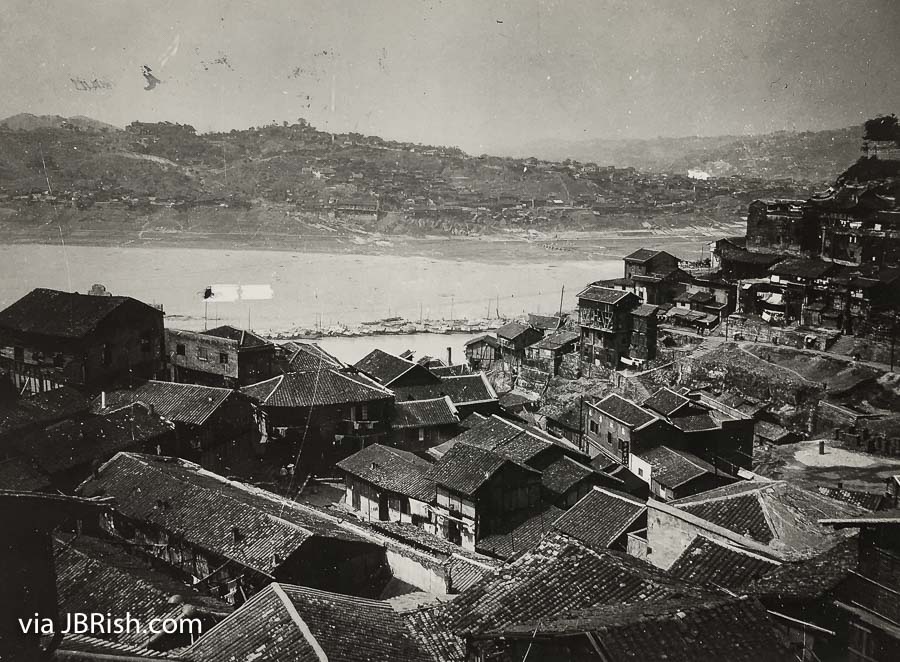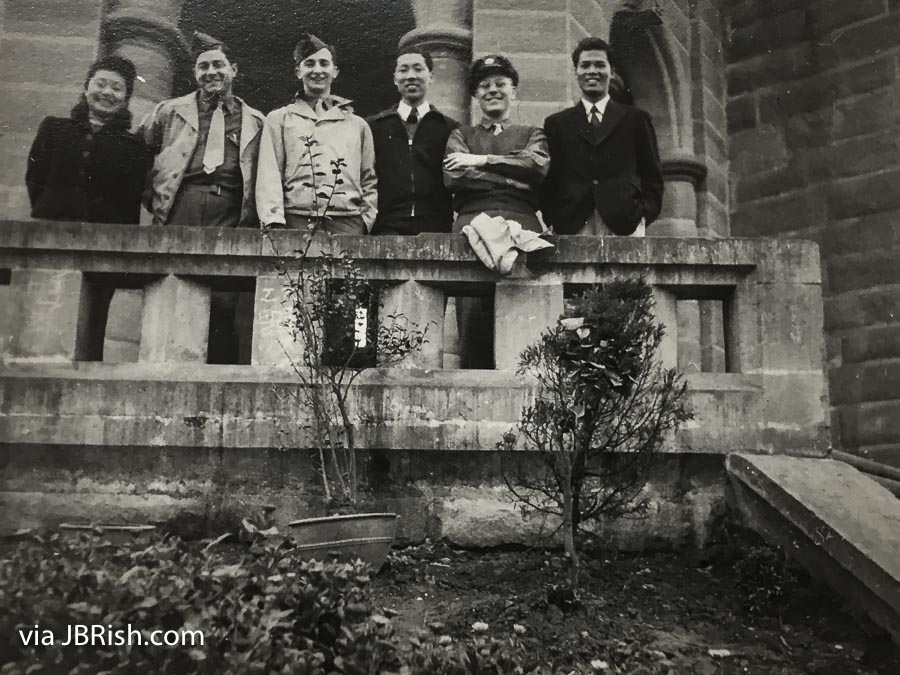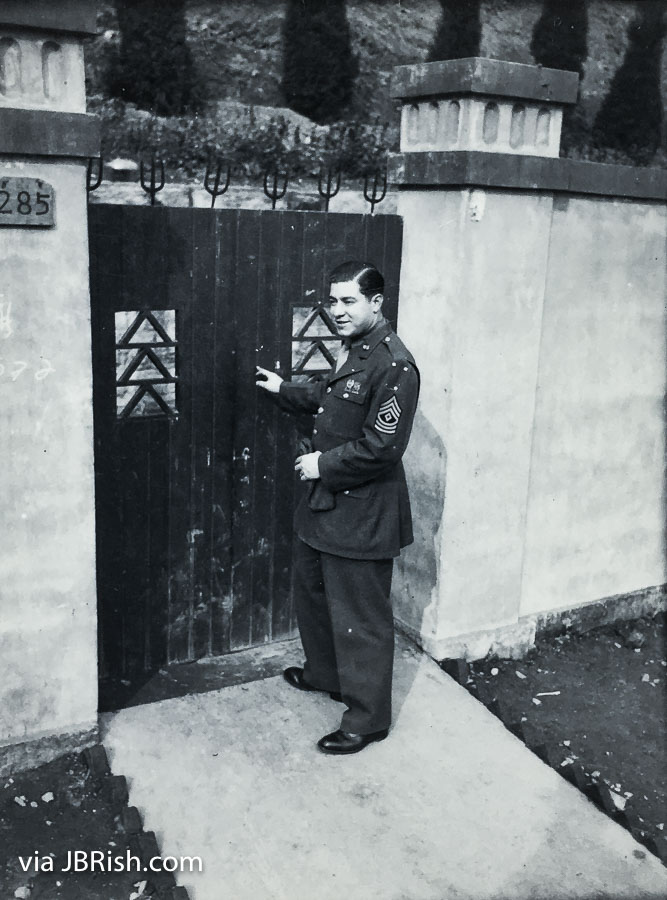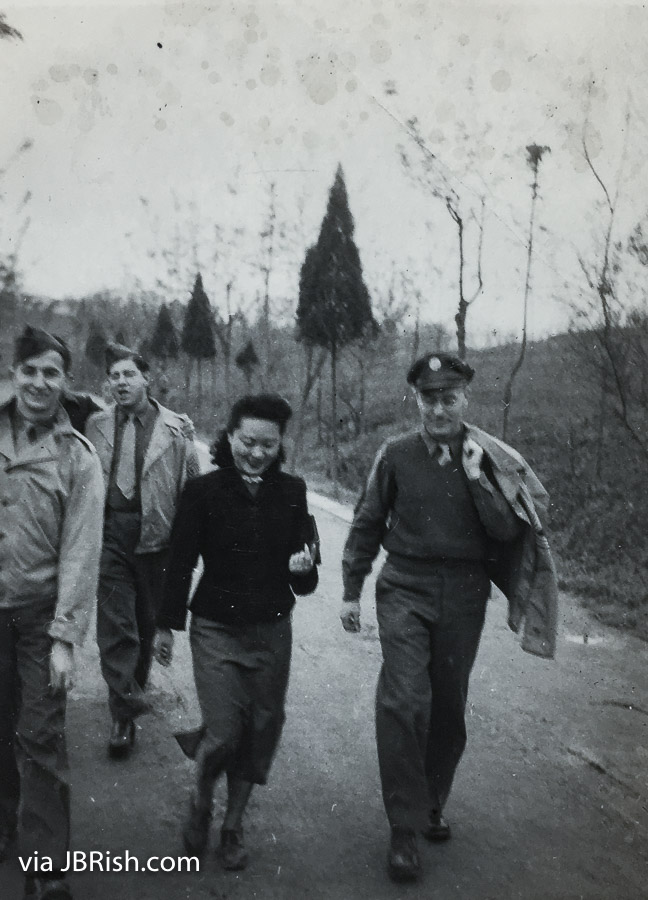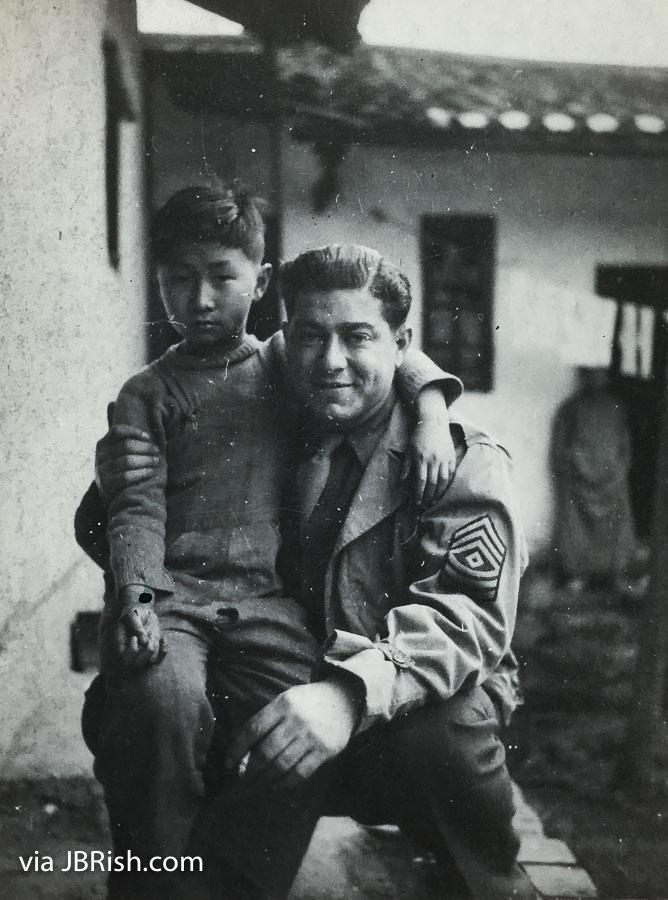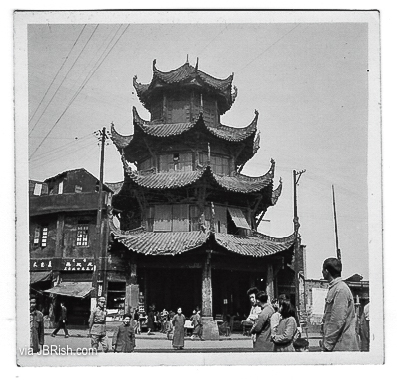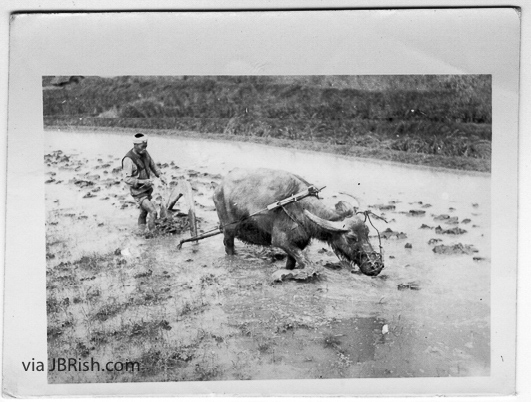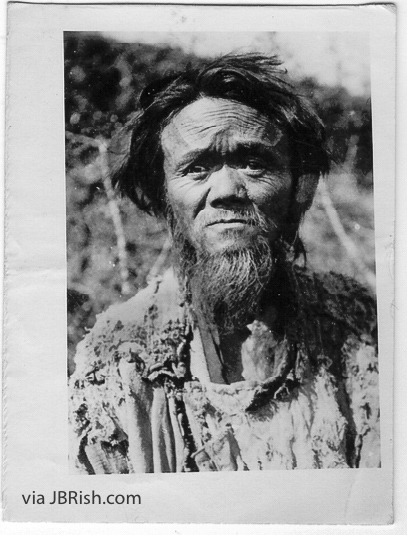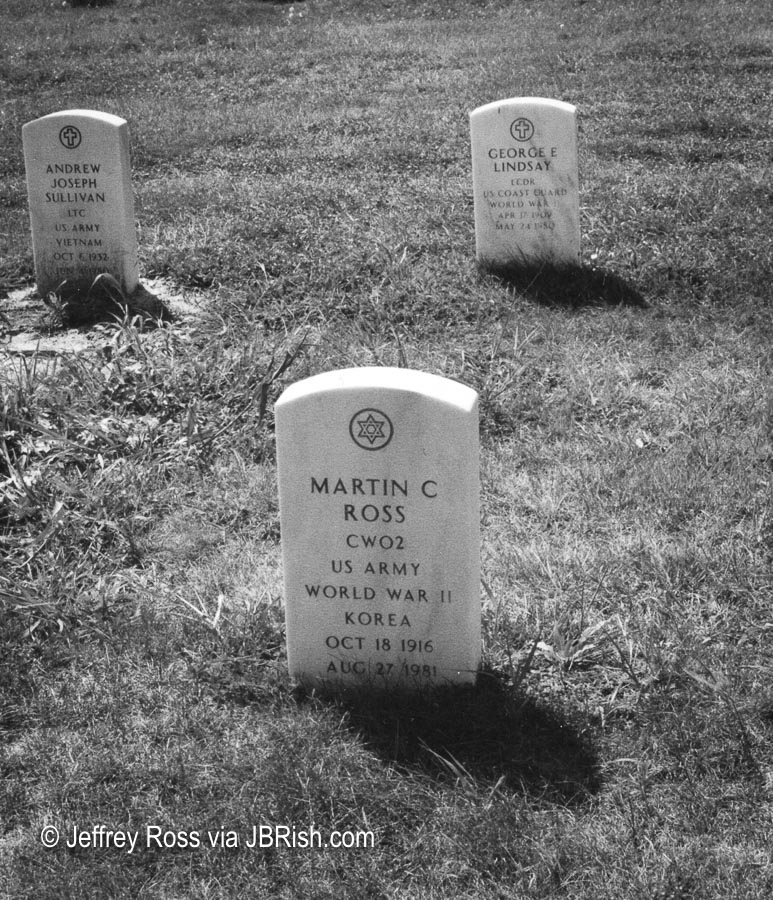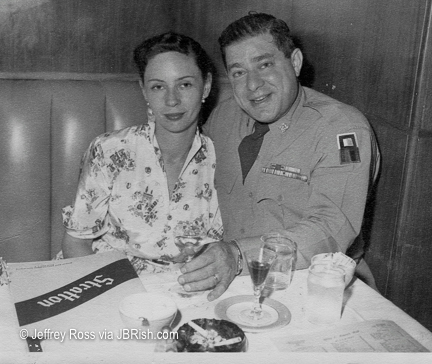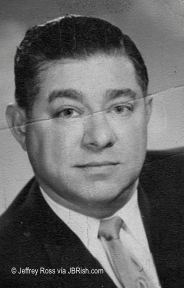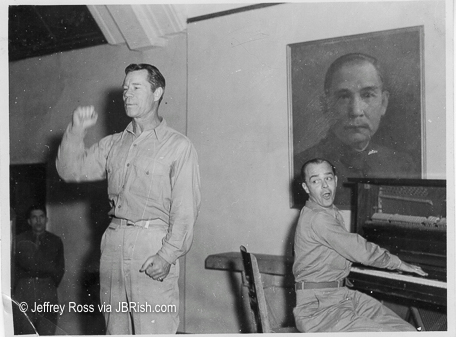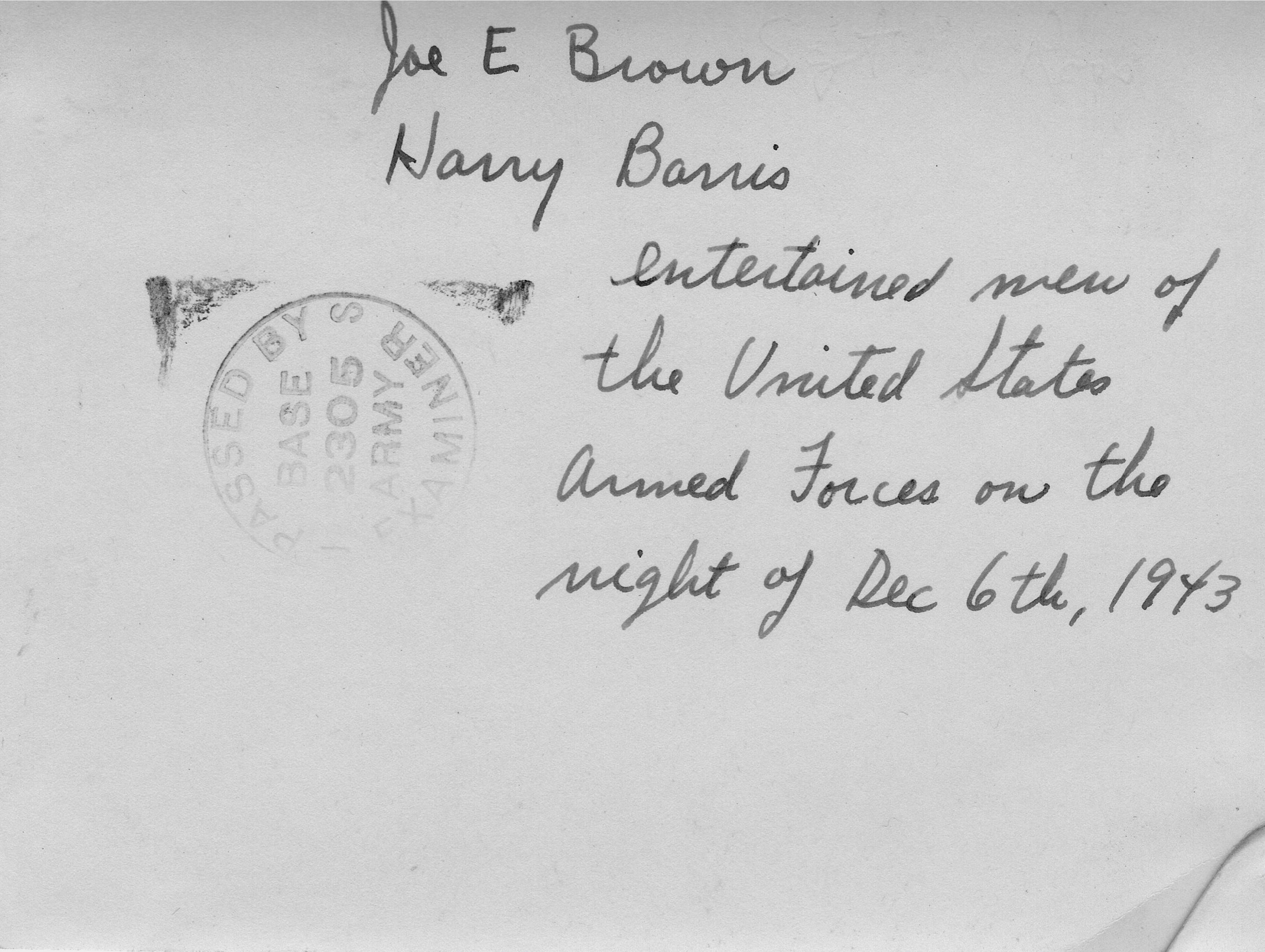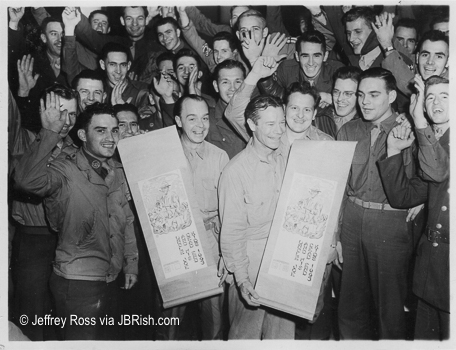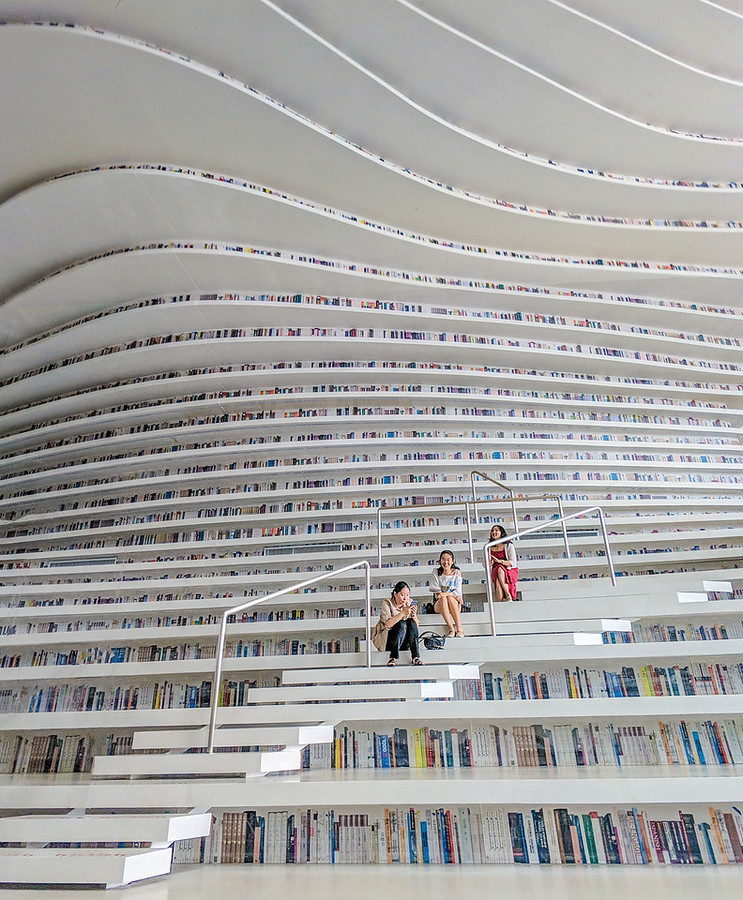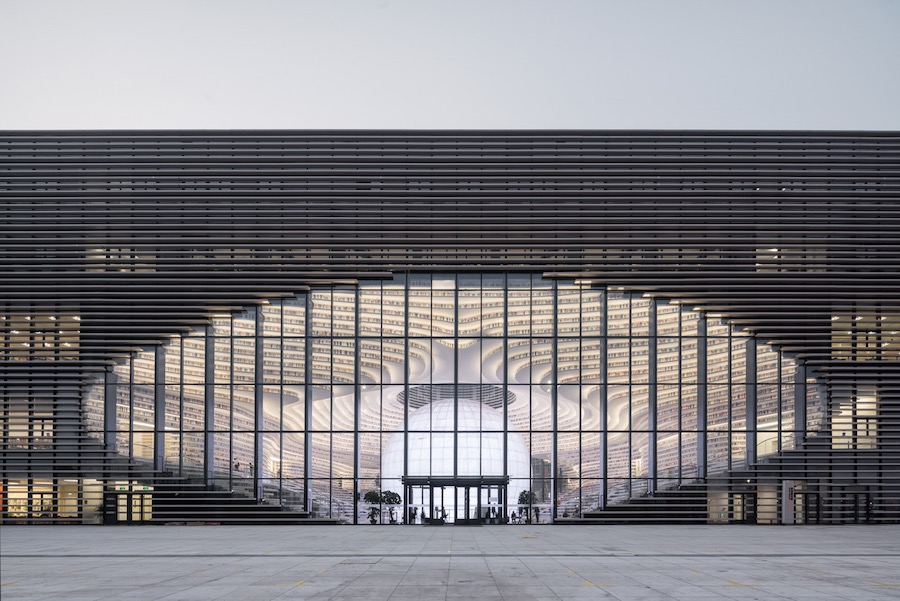“The soldier is the Army. No army is better than its soldiers. The Soldier is also a citizen. In fact, the highest obligation and privilege of citizenship is that of bearing arms for one’s country.” — George S. Patton
NOTE: You can read the introduction to this series HERE:
***************
Life is often drastically altered during war time, but some measure of normal routine needs to be maintained while the machinery and events of war take their toll on the soldiers and the native populations.
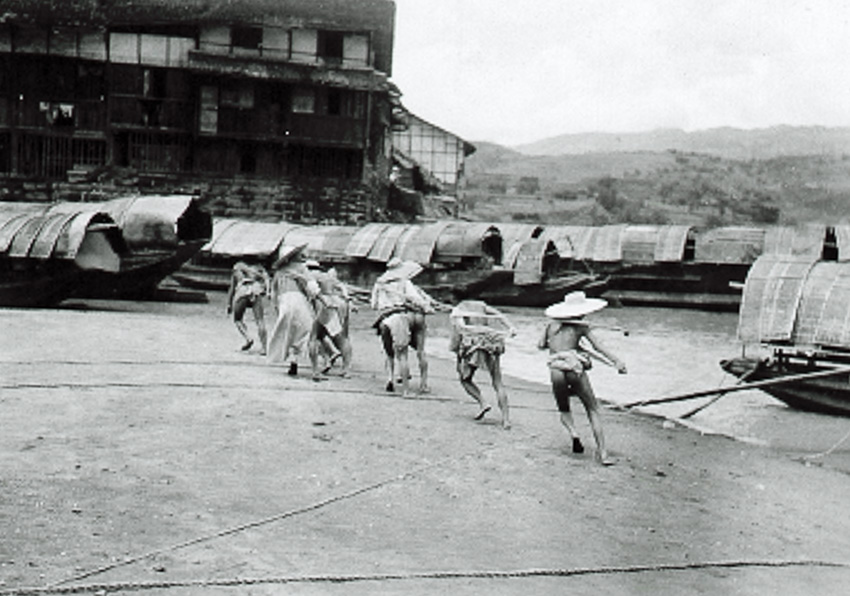
A group of Chinese men pull a sampan along the inlet or river way
size – 3.25 x 2.25 including white space
NOTE: A couple of the workers are wearing abbreviated, wrap-around “shorts” which seem to expose their posteriors. Whether this is customary garb for the time or due to the hot and/or humid weather, I am not sure. [ See close up below ]
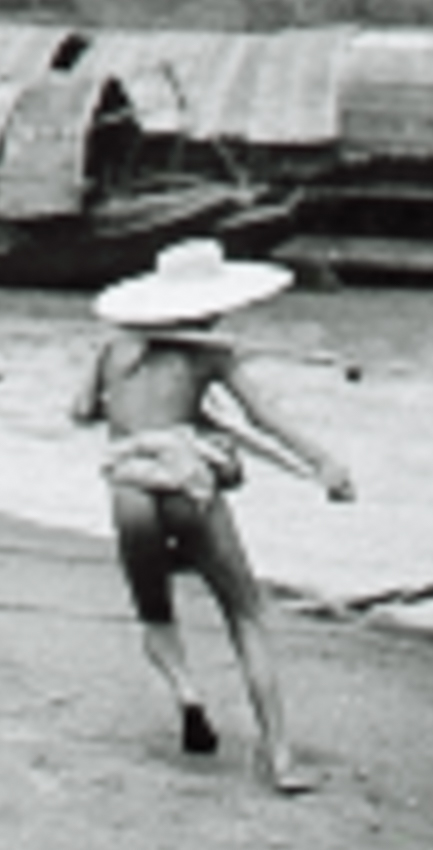
Pictured below is a group of soldiers and Chinese villagers heading out to do some reconnaissance work as a joint mapping party.
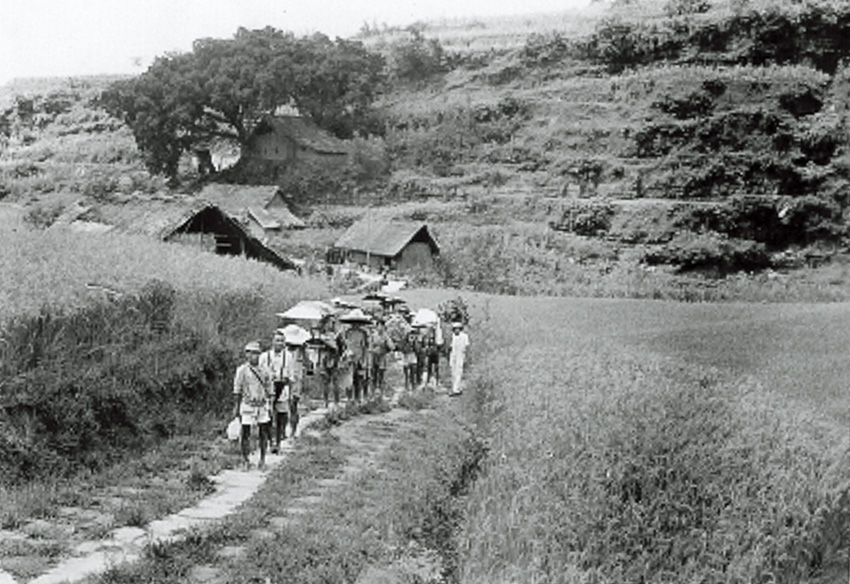
A mapping party of villagers and soldiers head out to do some reconnaissance
size – 3.25 x 2.5 including white space
Daily routines do continue during war to the extent possible. This is a picture of a Chinese story teller near Chungking. The people are gathered around, but look at the photographer as the picture is taken (Circa 1944.)
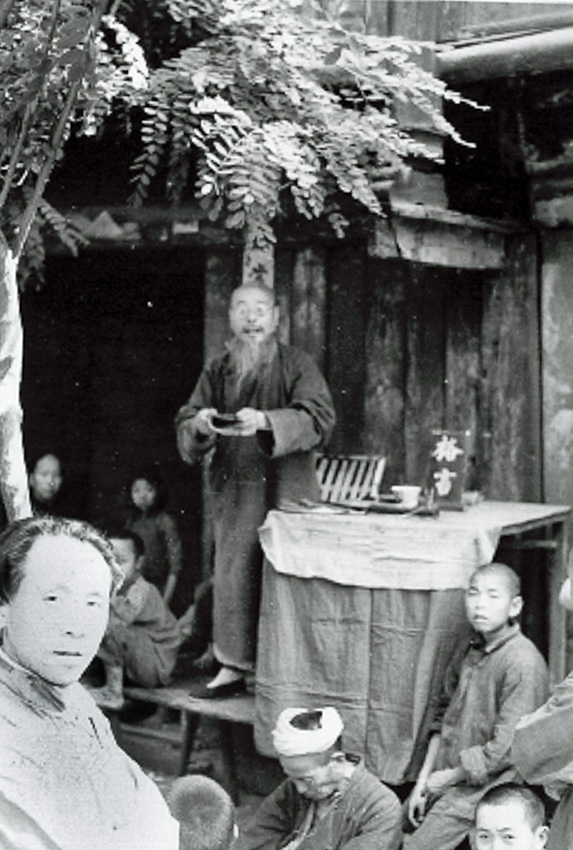
A village story teller takes a moment to pause for the picture as his audience looks on.
size – 2.5 x 3.25 including white space
NOTE — All photographs are “for sale.” Anyone interested in purchasing photographs should contact me via the JBRish.com contact email, i.e. JBRish [dot]com [at] gmail[dot]]com
DISCLAIMER — Many of the photographs I will be presenting as part of this series are very small and/or very old. In order to enable proper viewing, I scan the images and enhance them to the extent possible using Adobe Lightroom or Photoshop software. These images are not manipulated to remove or modify the content. The enhancements are strictly to provide contrast, bring out details and to render black and white areas in more natural tones. Nothing has been removed or added. I will provide approximate measurements of the actual photographs as they may seem larger than actual size because of the digital presentation.
**********
All original content on this blog is copyrighted by Jeffrey B. Ross with ALL Rights Reserved. While reference links back to JBRish.com are appreciated and encouraged, please acquire approval for any reproduction of original content from this website.
©Jeffrey B. Ross 2014 – 2019 – JBRish.com
